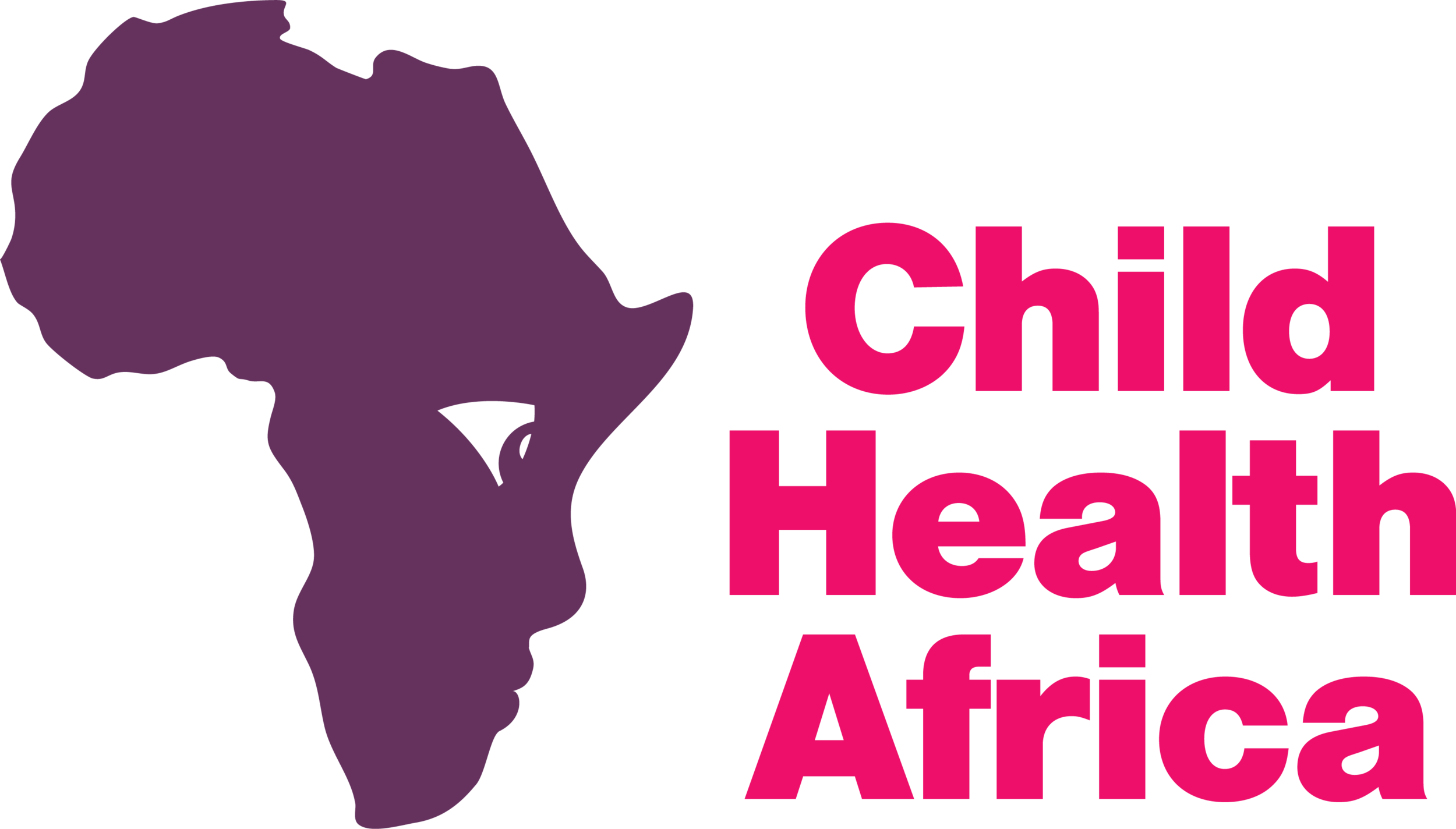Resuscitating babies
The physiological drama of being born
Until the moment babies are born, they get their oxygen through the placenta from their mother's blood, and she gets it by breathing. However, once the umbilical cord is cut, babies have to do their own breathing. This involves a huge physiological change both to the lungs, and to the way in which the blood circulation flows, but fortunately it usually happens naturally, so most babies just cry immediately after they are born.
However, some babies need help to get their breathing started. In medically developed countries, we assume that there will always be someone on hand to provide help right away. Unfortunately, if this does not happen, babies can suffer birth asphyxia, which means that oxygen starvation can lead to brain-damage or death.
A resuscitation training session for doctors
Birth asphyxia world-wide
Globally, child and infant mortality is still unacceptably high, with the majority of deaths being in the low and middle income countries. Africa bears the main brunt. Almost one-third of all deaths that occur in pre-school children occur in the first week of life, and about a quarter of those are simply due to babies not managing to start breathing properly.
Only simple equipment is needed
It only requires simple equipment to effectively resuscitate almost all babies - just a well-fitting baby mask and a self-inflating resuscitation bag. However, thorough training is needed to use this properly. In resource-poor countries like Lesotho, it is essential that lots of health workers of all levels are trained to ensure that all mothers and babies have access to this basic care.
Our plans to teach resuscitation widely
We plan to visit health facilities that provide maternity services in as many resource-poor countries in Africa as we can, and to train all the staff in those centres who might attend births how to resuscitate babies with the simple bag and mask method. We will also teach the permanent staff how to train others. We will then revisit the centres after 6 to 12 months, to ascertain that the skill is being maintained and passed on.
During our visits we will stay locally for short periods and teach and train local health professionals in the care of newborn babies. This will include kangaroo mother care to keep babies (especially the preterm ones) warm, prevention and early detection and management of infection, and about feeding and nutrition. We will establish neonatal care plans for the local staff to follow easily. Revisits to the units will help to assess and maintain the local skills. Empowering the local staff will make enormous progress in the care of small babies.
Unni's training skills
Unni Wariyar is a neonatal paediatrician who has been teaching and training about basic and advanced resuscitation at birth for decades, in the UK and abroad, and will be leading this programme. His OBE was awarded for his work in setting up the baby unit in Ashington, Northumberland, where all of the infant resuscitation is performed by nurses and not doctors.

